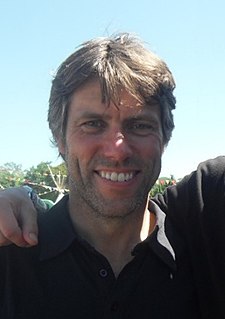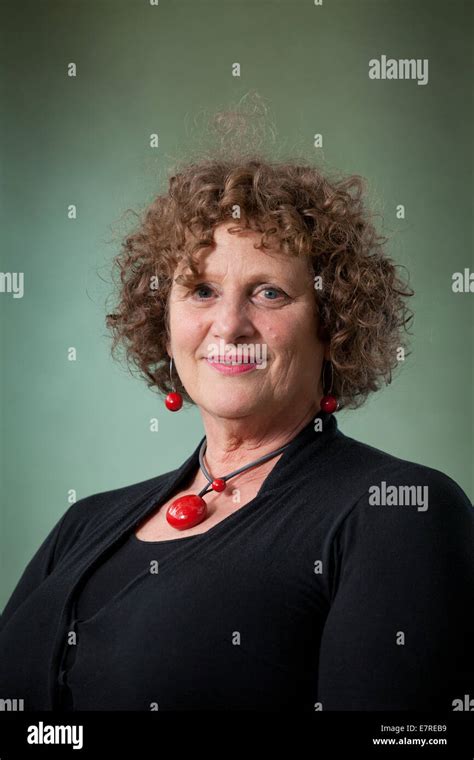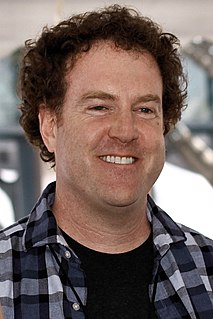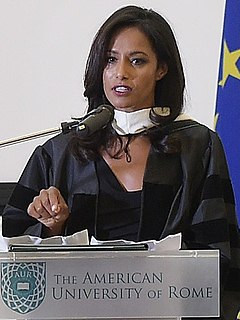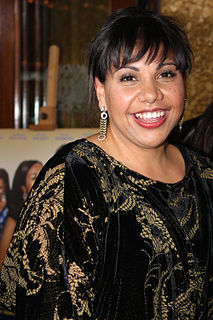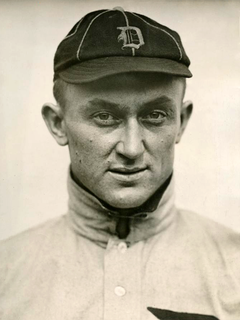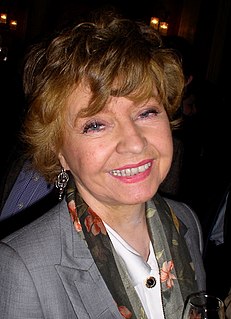A Quote by Christopher Fowler
By the time I reached the sixth form at my local grammar school, my father would glower at me every time I passed him with a stack of books under my arm, warning me there was no money to go to university.
Related Quotes
A long time ago, I took a walk down a street in Harlem in New York City. I came upon a man who asked me for a dollar. He had asked a few other people before me, but they only passed him by without glancing his way. I stopped and handed the man some money. As I began to turn away, he reached out and shook my hand. He looked me in the eyes and said, "I will bless you." Now, I'm not saying that was God Himself. But how do we know that it wasn't someone working for him, walking around in disguise, just to see what we would do?
But, in the end, the books that surround me are the books that made me, through my reading (and misreading) of them; they fall in piles on my desk, they stack behind me on my shelves, they surprise me every time I look for one and find ten more I had forgotten about. I love their covers, their weight and their substance. And like the child I was, with the key to the world that reading gave me, it is still exciting for me to find a new book, open it at the first page and plunge in, head first, heart deep.
I was 18 and had taken A-levels in Woking where I grew up. But I didn't want to go to university so left sixth-form college. My father was in the building industry and he found me a job stripping concrete panels off buildings. It was dangerous work on high scaffolds, sometimes 12 hours a day, Monday to Friday, and often weekends too.
I think the first time I really felt that I was Palestinian was a time when I was trying to go back to school with my father at night and there was a curfew for Palestinians. My father said, "I will walk first, but you have to understand, the police will not let me go... So keep moving and don't look at me and don't look back."
Dad passed away in 2000, but he visits me all the time. He comes to me in different ways. So I have that connection with him, and that comforts me, to know that in time I can come back and still have that with my kids. It's not unfamiliar to me, that connection with the afterlife. I know it's real; I experience it all the time.
I stayed a year in the sixth form and there was talk of Cambridge, but I wanted to go to drama school. At 17 and three months I went to the Old Vic School in London. This most remarkable and brilliant drama school lasted only six years because the Old Vic Theatre hadn't the money to go on funding it.

